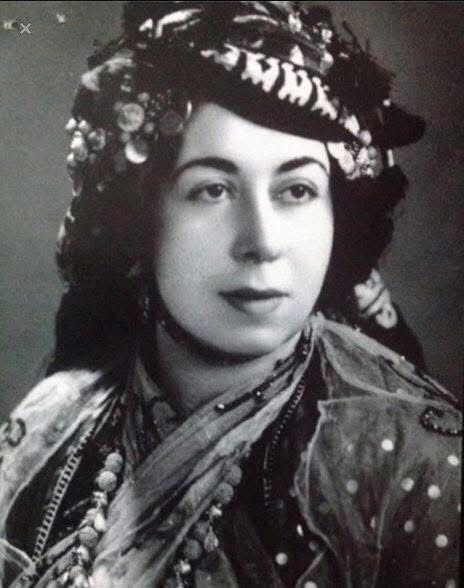Munira Salih Abdulrahman, widely known as Munira Qaftan, stands as a towering figure in the history of Kurdish education, women’s rights advocacy, and nationalist movements. Born in 1921 into the prominent Qaftan family in Sulaymaniyah, Munira was destined for a life of purpose and activism. Her father, Salih Qaftan, was an influential intellectual and a staunch supporter of the Kurdish nationalist cause, a legacy that shaped Munira’s journey.
After graduating from the Baghdad Teachers’ House in 1939, Munira became the first female teacher in Sharazoor, paving the way for women’s participation in education in Kurdistan. She held teaching positions at several institutions, including the Sulaymaniyah Kindergarten and Girls’ High School, where her commitment to education saw her rise to become the principal of multiple schools.
Her activism began in earnest in 1942 when she joined the Kurdistan Women’s Association. In 1952, she became a founding member of the Kurdistan Women’s Union and ascended to its presidency in 1959. Munira was at the forefront of organizing demonstrations advocating for Kurdish nationalism and women’s rights, actions that often placed her in the crosshairs of political authorities. Following her participation in the 1948 demonstrations in Sulaymaniyah, she was exiled to Baladruz for six months.
Munira’s boldness was epitomized in 1960 when she lit the Newroz torch without wearing an abaya, challenging societal norms and symbolizing her vision for women’s liberation. Her activism continued in the liberated areas of Rayat and Haji Omaran between 1971 and 1975, where she and her husband educated Kurdish children. Her work extended beyond borders, as she also taught in Urmia, Eastern Kurdistan.
Despite the collapse of the September Revolution in 1975, Munira persisted in her activism, working clandestinely with the Patriotic Union of Kurdistan (PUK) until the 1991 uprising. Her contributions to the PUK culminated in her participation in its first congress in 1992, reflecting her unwavering commitment to the Kurdish national cause.
Throughout her life, Munira Qaftan shattered social barriers, championing gender equality and the rights of Kurdish women. Her legacy as an educator, activist, and nationalist endures as a source of inspiration for generations.
Munira passed away on March 29, 2009, at the age of 88. She was laid to rest on Saywan Hill, leaving behind a legacy of courage, dedication, and transformative impact on Kurdish society.

